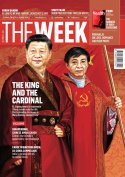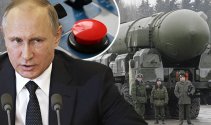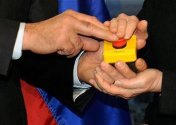The governments of Argentina and China Wednesday agreed to strengthen bilateral ties, particularly in science and technological developments, it was reported.
After a meeting between Argentina's Ambassador to Beijing Sabino Vaca with China's Vice Minister of Industry and Information Technology, Zhang Kejian, who is also the highest authority of the National Space Administration of China (CNSA), the two countries agreed to promote negotiations of the “2021-2025 Space Cooperation Plan”, which encompasses different areas of collaboration, such as space science, deep space exploration and Earth observation, among others.
Zhang also offered “scholarships for studies in the space, nuclear and defense industry areas” for Argentine students, Chinese sources said. Space cooperation between Argentina and China dates back to the presidencies of Cristina Fernández de Kirchner, when a Chinese base was set in the Argentine province of Neuquén.
After the meeting, the Chinese vice minister was “open” to deepen collaboration in the field of nuclear energy, through the development of multipurpose research reactors and the construction of a “Hualong 1 nuclear power plant” in Argentina.
Regarding the defense industry, Vaca stressed the importance of all productive projects “having the transfer of technology and capabilities to defense companies” in Argentina.
Meanwhile, in Buenos Aires, Foreign Minister Santiago Cafiero and Science Minister Daniel Filmus held a working meeting to promote the “Program for the Internationalization of products and services based on knowledge,” which sought to generate resources worth around US $ 6 billion.
The ministers agreed to “a roadmap to develop articulated work to promote non-traditional exports in knowledge-intensive activities,” the Foreign Ministry said in a statement.
Filmus said that “our objective is to insert Argentine technology-based companies in international markets so that they can demonstrate their competitive capabilities.”
The Program will have various lines of action, among them the promotion of exports of products and services, giving priority to a set of knowledge areas where there are international competitive capacities, for example health, agricultural biotechnology, satellite and nanotechnology.




